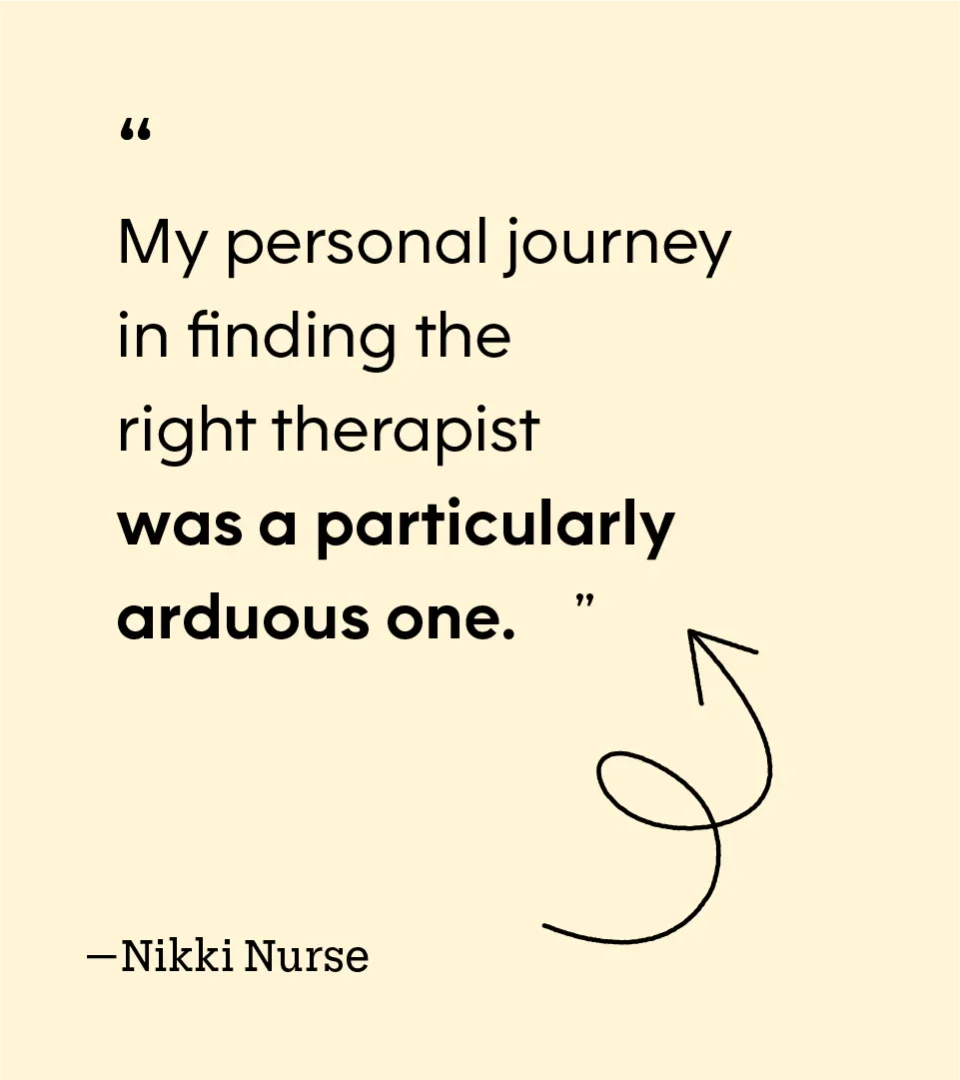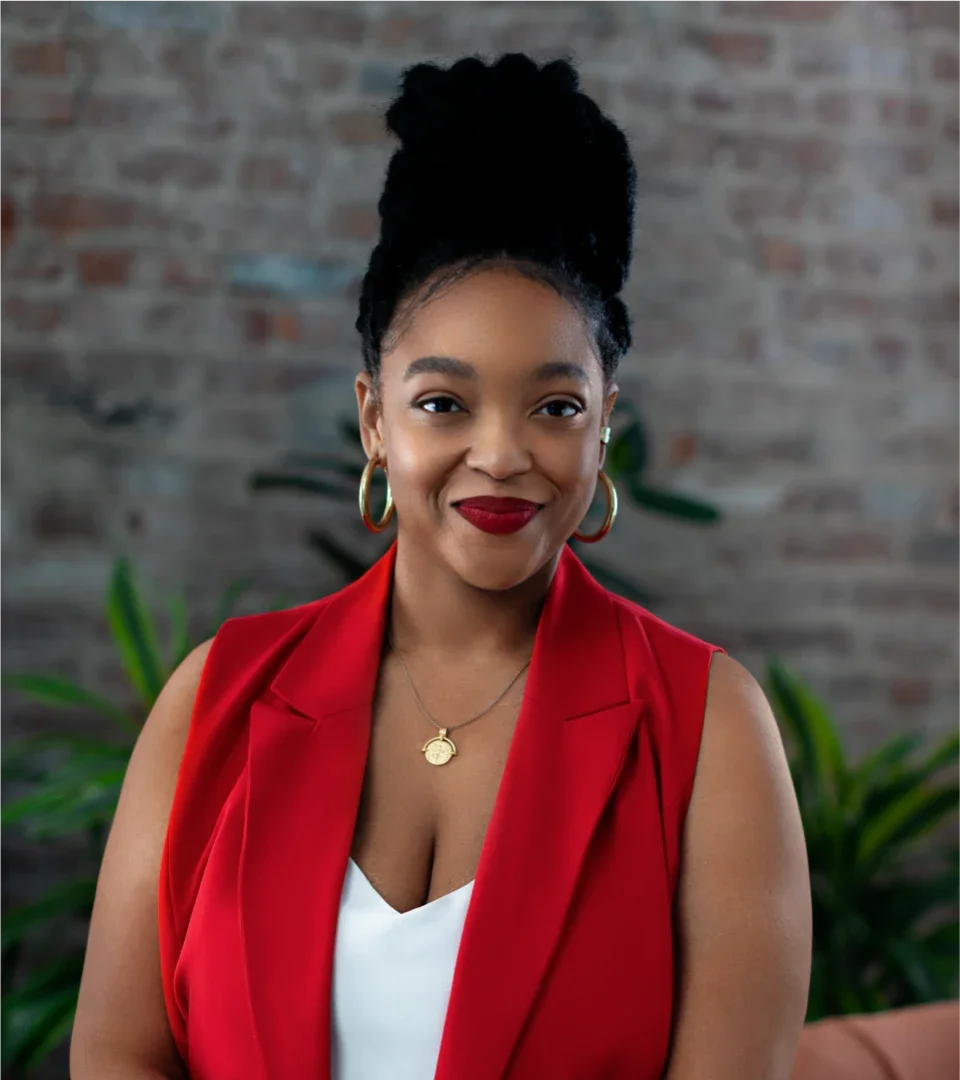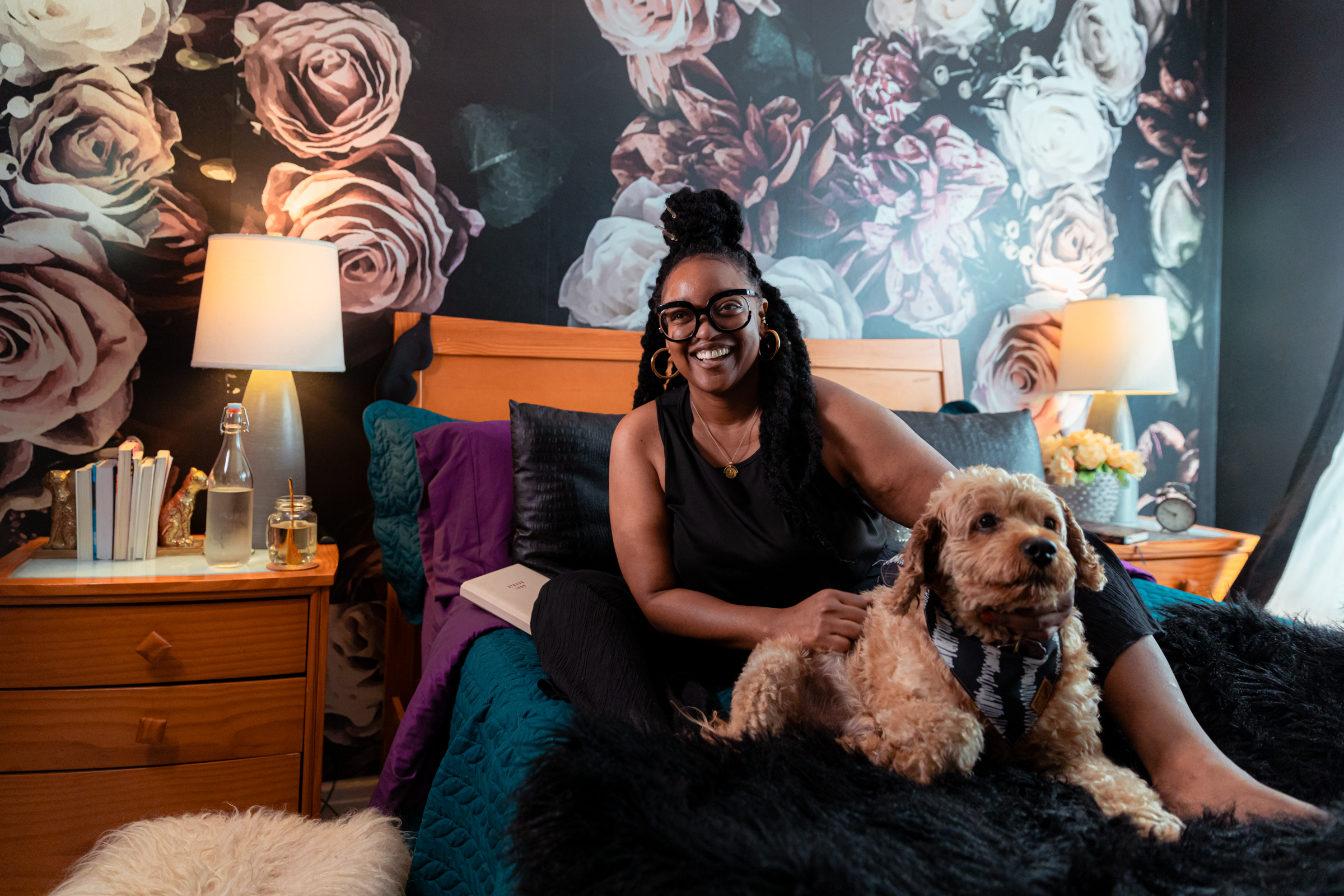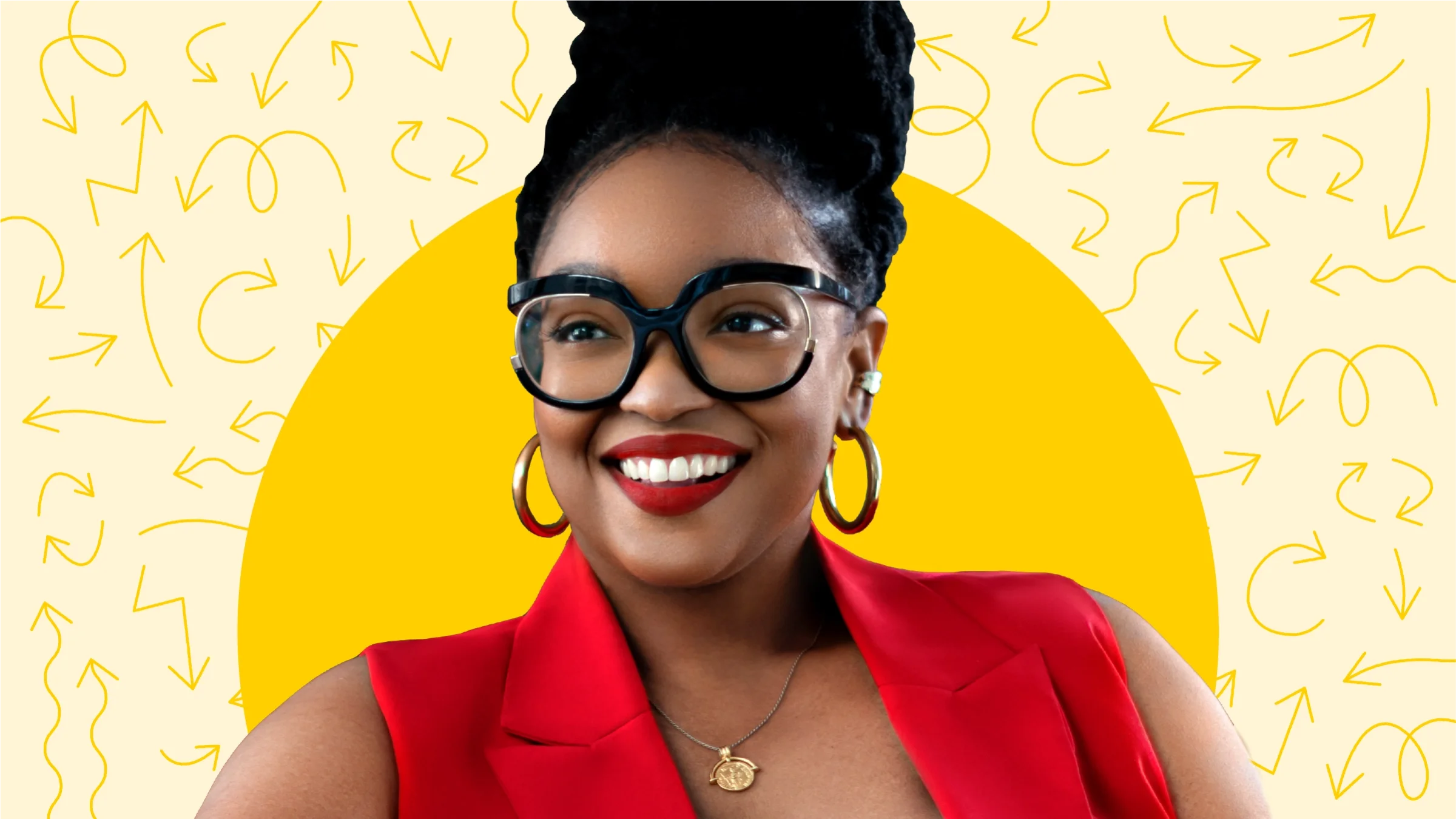Key takeaways:
Author Nikki Nurse says that as a Black woman, she sometimes felt unheard and alone when she sought therapy for her mental health.
She discovered that finding a culturally competent therapist made all the difference.
She began making real progress in therapy after finding a therapist who understood her cultural background and respected her without judgment.
As conversations about mental health continue to gain attention, it’s important to recognize that people of color deal with unique challenges when it comes to their mental and emotional well-being. For us, finding a therapist who can offer not only professional expertise but also cultural competency and empathy can be a major obstacle.
As a Black woman, my personal journey in finding the right therapist was a particularly arduous one. I worked with therapists who — despite their best efforts — were simply unable to grasp the full extent of my experiences as a person of color.
It wasn’t just about finding a therapist who looked like me. It was about finding someone who could genuinely connect with the emotions that I grappled with.


Photo credit: ©BrakeThrough Media
Search and compare options
It wasn’t until I made a connection with a therapist who understood my cultural background that I began to see real progress. With her help, I was able to address my emotional struggles in a way that felt meaningful and effective.
I share my story in the hopes that it will inspire others to seek out the support they need for better mental health — and to remind therapists of the importance of cultural competence in their work.
How I knew I needed a culturally competent therapist
Struggling with my anxiety as my mom gradually approached the end stages of dementia and Alzheimer’s was one of the toughest experiences of my life. I hit rock bottom and knew that I needed to find a therapist who could help me navigate this difficult time. But with so many options and considerations, it was overwhelming to decide where to start.
Initially, I checked to see whether there were any free counseling services, as the cost of therapy can be a significant barrier. While I did find a few such services, none of them were convenient in terms of location and timing. Ultimately, I decided that it was essential for me to find a therapist with whom I could form a long-term relationship and who could understand my cultural background and experiences.
That’s how I ended up going to see the first therapist, a white woman who I found on a mental health platform that matches consumers with licensed professionals. She was kind and empathetic, but I quickly realized that we could not connect on a cultural level. I felt like I had to explain my life experiences to her repeatedly, which was both frustrating and emotionally draining.
Although she was not intentionally insensitive, it was apparent that her cultural background and upbringing did not allow her to fully understand my concerns and provide effective solutions. As a result, I stopped going to see her, knowing that I needed to find a more suitable therapist who could help me overcome my struggles.
Read more like this
Explore these related articles, suggested for readers like you.
It can take some time to find the right therapist
After realizing I was struggling with cultural issues, I made the decision to seek therapy from a Black therapist, hoping to gain better clarity and understanding. Though she was kind and compassionate, I found it difficult to fully open up to her because of the age difference and dissimilar experiences we had. The cultural differences caused me to feel more alienated than understood.
I was concerned that she might judge me based on her own cultural knowledge and experiences, instead of having an empathetic and neutral therapeutic approach. Unfortunately, I began to question if I should continue seeing her, and whether I would ever find someone who could truly see and understand things from my perspective. It was a discouraging experience that made me feel unheard and alone.
After a long search, I finally discovered my current therapist, a remarkable and empathetic younger Black woman. The way she speaks, moves, and breathes all resonate with my culture. As a fellow Black woman, she has an innate understanding of the nuanced issues that we face. With her, I never have to explain or justify myself. She just gets it, wholeheartedly.
Her solutions to my problems manage to be both culturally relevant and incredibly valuable. She is not only a guide but also a steadfast ally. Ever since I started seeing her, I have finally felt truly seen and heard, like my struggles and my experiences are not being dismissed or overlooked. She has been a crucial support in helping me cultivate a stronger sense of self.
The right therapist is a game-changer
Therapy is such a personal experience that having a therapist who understands you makes all the difference.
It has made me appreciate connecting with someone who really gets my values, attitudes, and behaviors and can effectively offer treatment. For me, having the right therapist is validating, and it finally feels like the right fit.

I know the journey to find a culturally competent therapist can be challenging. But with perseverance, it is possible.
As a Black woman, my experiences highlight the importance of finding someone who respects your culture and holds a space where you can comfortably express yourself without fear of judgment. So, if you are seeking help from a therapist, don’t settle until you find someone who understands, respects, and supports you holistically.
For additional resources or to connect with mental health services in your area, call SAMHSA’s National Helpline at 1-800-662-4357. For immediate assistance, call the National Suicide Prevention Lifeline at 988, or text HOME to 741-741 to reach the Crisis Text Line.

Why trust our experts?





















